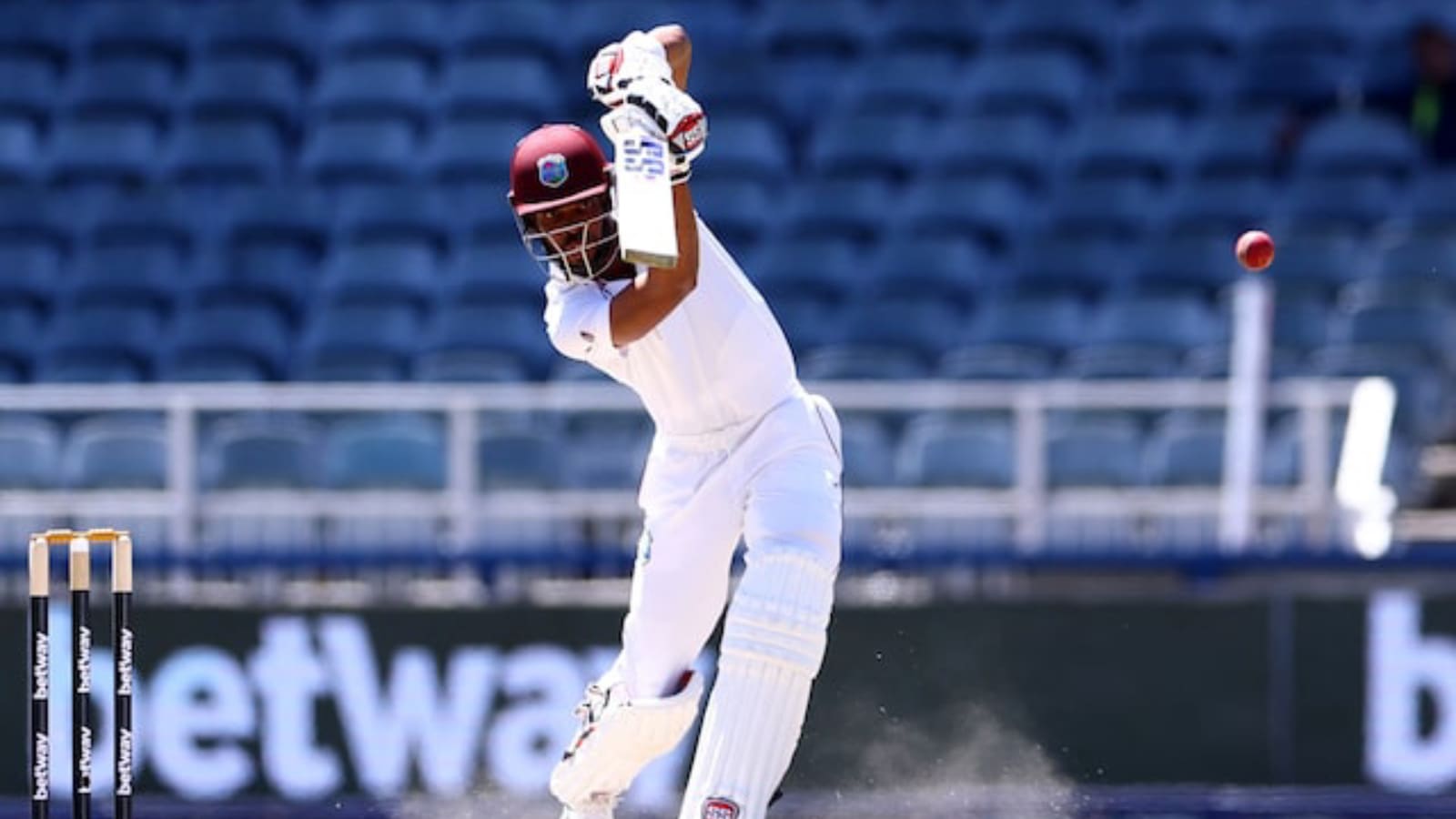ARTICLE AD BOX
It was just another day for Atharvaa Tayade, a 24-year-old pursuing an MBA degree at IIM-Calcutta, when a message popped up on his chess.com account in March: “We are participating as Team MGD1, would you be interested to play?”
The message was from N Srinath, the gold medal-winning captain of India’s Budapest Olympiad team, seeking a “recreational player” for the only team from India at the FIDE World Rapid and Blitz Team Championships.
The championship requires six players per team, with one compulsory spot each for a woman and a recreational player (someone who has never achieved FIDE Classical, Rapid or Blitz Rating of 2000 Elo points). Tayade was a perfect fit: a skilled player who stepped away from chess to pursue academics, his peak rating frozen at 1926 since July 2015 when he left the sport.
Last week, when Team MGD1, which had the most number of Indians, won the FIDE World Rapid Team Championship in London, the focus was on Tayade, not on star players like Arjun Erigaisi, Harikrishna Pentala or Pranav V.
Tayade remained unbeaten until the final round, carrying his team until the defeat by Malcolm’s Mates’ Murat Omarov. By then, his 11 wins in 12 rounds had already secured a win for his team. This meant the Pune-based chess management firm, Team MGD1, became the first Indian team to win the event in the tournament’s brief three-year history.
“I knew that I was strong but I did not expect to perform this well. Luck was a factor; there were multiple things that had to fall into place, but I am happy that it went well eventually,” said Tayade, an IIT-Bombay graduate.
Tayade said he was preparing for his summer internship when Srinath messaged him. “I was quite surprised, but I responded by stating a bit about myself and said I could participate. That’s when we exchanged numbers, spoke on WhatsApp and Srinath told me a couple of days later that they were finalising me,” he recalled.
Ahead of his first major event in years – his first at the world level — Tayade said he made no preparations. His internship – part of the MBA course — took precedence. He spent two months – April and May — at Standard Chartered’s Mumbai office. In between, he played just one local tournament as suggested by Srinath, to re-adjust to over-the-board play, relying solely on his online games.
Story continues below this ad
How Tayade dominated the field is intriguing. “When I restarted chess during my engineering days, I came close to my original strength. Slowly, I was able to increase my rating online, and that’s when I hit a peak of 2800, which is probably why Srinath noticed me,” he recalled.
He proceeded to beat players like Wadim Rosenstein — architect of WR Chess Team and the recreational board concept — and nine-year-old compatriot Sarbartho Mani, among other rising talents.
With an 11.0/12 Rapid score and 4.0/4 in Blitz, Tayade, who is originally from Mumbai, earned the moniker “India’s Pang Bo”. China’s Pang Bo hogged the limelight in 2024 with his unbeaten run for the all-Chinese team, Decade China, in the amateur board.
Earlier, while his contemporaries like Mitrabha Guha, Harshit Raja and Abhimanyu Puranik became grandmasters, Tayade opted for academics. After scoring over 98 per cent in Class 10 and over 90 per cent in Class 12, he cracked JEE Advanced to enter IIT-Bombay.
Story continues below this ad
“My parents were involved in helping me transition into academics, whereas my trainers were keen on me continuing chess. But ultimately, it came down to me weighing the pros and cons of making chess a career,” he said.
During the 2012 Under-11 Nationals, Tayade was pitted against his future MGD1 teammate Arjun Erigaisi — then just nine years old — and defeated him with the White pieces. “Arjun was younger but playing in a higher age category, and I beat him. I shared this with Srinath, who immediately posted the result screenshot in our group. It became a funny icebreaker between us,” he recalled.
Years later, Tayade found himself in awe of the same Arjun. “Seeing Arjun and Hari in the room overawed me… they’re the stars of Indian chess. I hesitated to share my chess ideas, wondering how they’d perceive them,” he said. “But the opposite happened. During my games, they paid attention, gave inputs, and were very chill. My inferiority complex vanished once I started playing.”
While the win made Tayade an overnight celebrity at his institute, he is still unsure about chess as a career option.



.png)
.png)
.png)

























 English (US) ·
English (US) ·